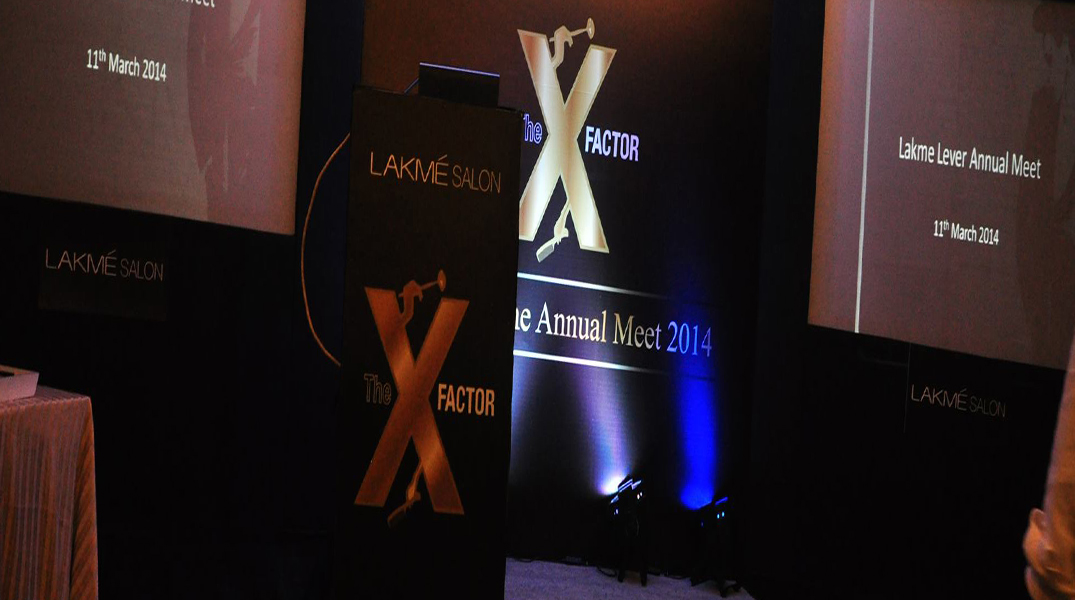Difference Between Event Planner and Event Coordinator
Event planning and event coordinating are crucial roles in the event management industry. Although the terms are often used interchangeably, they represent distinct responsibilities. Understanding the differences between these roles can help businesses and individuals choose the right professional for their events.

1. What is an Event Planner?
An event planner is responsible for the initial stages of event creation. They handle the big picture, conceptualizing the event and ensuring that all aspects align with the client’s vision.
Responsibilities:
- Concept Development:
- Brainstorming ideas and themes.
- Aligning the event with the client’s goals.
- Budget Management:
- Estimating costs and managing the event budget.
- Allocating funds to various aspects of the event.
- Venue Selection:
- Finding and securing the perfect location.
- Ensuring the venue meets all the event requirements.
- Vendor Coordination:
- Selecting and negotiating with vendors.
- Ensuring contracts are in place and understood.
- Timeline Creation:
- Developing a detailed timeline for event preparations.
- Scheduling deadlines and milestones.
- Marketing and Promotion:
- Creating a marketing strategy for the event.
- Managing promotional activities to attract attendees.
2. What is an Event Coordinator?
An event coordinator focuses on the day-to-day operations and logistics of the event. They work to ensure that all plans created by the event planner are executed smoothly.
Responsibilities:
- On-Site Management:
- Supervising the event on the day.
- Handling last-minute issues and troubleshooting.
- Team Coordination:
- Managing staff and volunteers.
- Ensuring everyone understands their roles and responsibilities.
- Vendor Management:
- Coordinating with vendors on-site.
- Ensuring timely delivery and setup of goods and services.
- Guest Liaison:
- Handling guest inquiries and needs.
- Managing guest registration and check-in processes.
- Logistical Arrangements:
- Overseeing setup and teardown of the event.
- Ensuring all technical aspects, like audio-visual equipment, are functioning correctly.
- Real-Time Adjustments:
- Making necessary adjustments during the event.
- Ensuring the event stays on schedule.
Key Differences Between Event Planner and Event Coordinator
-
Scope of Work:
- Event Planner: Focuses on the overall vision, strategy, and planning phases of the event.
- Event Coordinator: Concentrates on executing the plans and managing on-the-day logistics.
-
Time Frame:
- Event Planner: Involved from the inception of the event idea to the final stages of planning.
- Event Coordinator: Primarily active during the actual event, ensuring smooth execution.
-
Skills Required:
- Event Planner: Requires creativity, budgeting skills, and strong vendor negotiation abilities.
- Event Coordinator: Needs excellent organizational skills, attention to detail, and problem-solving capabilities.
-
Client Interaction:
- Event Planner: Works closely with the client to develop the event concept and ensure it aligns with their vision.
- Event Coordinator: Interacts with the client during the event to manage immediate needs and ensure satisfaction.
-
Decision Making:
- Event Planner: Makes strategic decisions regarding the event’s direction and theme.
- Event Coordinator: Implements decisions made by the planner and makes real-time adjustments as necessary.
Collaborative Effort
While the roles of event planners and coordinators are distinct, they often work together to ensure the success of an event. Their collaboration is key to delivering a seamless experience for attendees.
- Pre-Event:
- Event Planner: Develops the event strategy and plan.
- Event Coordinator: Prepares logistical details and ensures all elements are ready for the event.
- During Event:
- Event Planner: Monitors the event to ensure it aligns with the vision and goals.
- Event Coordinator: Manages on-the-ground activities, addressing any issues that arise.
- Post-Event:
- Event Planner: Reviews the event’s success and gathers feedback.
- Event Coordinator: Handles the teardown and finalizes logistical details.
Choosing Between an Event Planner and an Event Coordinator
When deciding whether to hire an event planner or an event coordinator, consider the following:
-
Event Size and Complexity:
- Large, complex events with multiple elements may require both roles.
- Smaller events may need only an event coordinator for day-of management.
-
Budget:
- Budget constraints might necessitate choosing one role over the other.
- Investing in an event planner can save money in the long run by avoiding costly mistakes.
-
Client Involvement:
- Clients who want to be involved in every detail may benefit more from an event coordinator.
- Clients who prefer to delegate most tasks might opt for an event planner.
Real-Life Examples
-
Corporate Events:
- Event Planner: Develops the theme, secures the venue, and manages the budget.
- Event Coordinator: Ensures the event runs smoothly, manages staff, and handles last-minute changes.
-
Weddings:
- Event Planner: Designs the wedding theme, selects vendors, and creates the timeline.
- Event Coordinator: Oversees the wedding day, coordinates with vendors, and manages guest services.
-
Conferences:
- Event Planner: Plans the conference agenda, books speakers, and arranges marketing.
- Event Coordinator: Manages on-site logistics, assists speakers, and handles attendee inquiries.
Conclusion
Understanding the differences between an event planner and an event coordinator is crucial for successful event management. Event planners focus on the big picture, creating a strategic plan and vision for the event. Event coordinators, on the other hand, ensure that the event runs smoothly on the day, handling logistics and real-time issues.
Both roles are essential, and their collaboration can lead to a well-executed event that meets the client’s goals and exceeds expectations. When planning your next event, consider the specific needs of your project and choose the right professionals to bring your vision to life.
